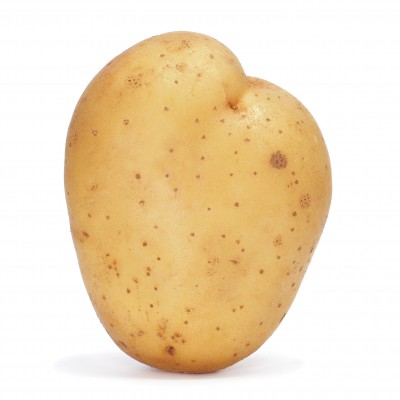“It is my opinion that there is ancestry research and then there is genealogy research. These two areas of research are different.” ~ Joan Shurtliff
“There are some subtle and some not so subtle differences between ancestry research and genealogy research, but in the end the two are inextricably linked; they are symbiotic processes.” ~ Nancy Siddons-Daniels
Joan Shurtliff
A lot of folks conduct ancestry research to build on their family tree. They sit down at their computers in their fuzzy robes and bunny slippers with a cup of coffee, tea, hot cocoa, or something equally as soothing, and start clicking. They like social ancestry websites because there is a lot of friendly, easy-to-snag information. I’ve found that most people who trace family history take pride in the number of ancestors they have. Others look for connections, hoping they are related to a president – sixth cousin twice removed.
One of my favorite genealogy trees is in the Thomas Bond House in Philadelphia. Dr. Bond, a colonial physician, was a contemporary of Benjamin Franklin. The house is now a bed and breakfast located in the Independence National Historic Park. On one wall in the living area is a huge family tree going back to Dr. Bond. Periodically, family members come in and update the tree.
To me, this is a good example of the difference between ancestry research and genealogy research. Ancestry research is the family tree with an emphasis on dates. Genealogy research involves collecting historical records and documentation that delve into who the people were.
Genealogical researchers are an interesting breed of people. The challenge is in the search, as much as in the success. Give them a dusty ledger to study, a long abandoned cemetery to walk, or a microfilm of church records in a foreign tongue, and they start to smile. They want to learn about their ancestors: what they did, where they walked, how they dealt with life’s struggles, and what the world of their ancestors was like. Along the way they may find that they inherited g-g-grandmother’s smile and her love for wild flowers.
Nancy Siddons-Daniels
Allow me to go off on a Texas tangent to provide an analogy to explain the differences, and similarities, between ancestry research and genealogy research. We have a saying in Texas, “Barbecue is not a sauce; it’s a method of cooking.” To Texans, “barbecue” has a lot of different meanings: it is first and foremost a method of cooking, but it also refers to the physical tools or implements that are used to make the finished product – the barbecue. If you are from India, you will understand better when I say, “Curry is not a spice, it’s a cooking process.”
So what do barbecue and curry have in common with the difference between ancestry research and genealogy research? Absolutely everything.
Genealogists who trace family history – whether you want to call it family, ancestry, or lineage research – is looking to create a product; usually, it is a genealogy tree or pedigree that lists names and dates of their particular family members. This is the “product” of the genealogical research; it is the succulent barbecue on the plate ready to be devoured.
However, to create this “product,” the genealogical researcher must apply the appropriate tools and the processes, which involves the collection of historical records and documentation, in order to arrive at an accurate family history. They need the barbecue pit and other cooking implements, and they need to apply the method of barbecuing to achieve the final results. In other words, the family historian must apply the processes and tools of genealogical research to reconstruct the lives of their ancestors and put them in the appropriate historical, social, and family context in order to achieve the correct identification of the individuals and their relationships.
Both the family historian and genealogist care about where and when the people lived, as well as what their lifestyles were: their biographies, relationships, their activities, achievements, and their motivations. While a family historian may settle for just oral history or rumor to create their family tree, a family genealogist applies best practices in researching and collecting historical records, official documents, as well as the family Bible and photographs, et al. Most recently DNA genealogy testing has become a major tool in the genealogist’s toolkit. A genealogist backs up all findings by source citations.
In a final mouth-watering analogy, I offer you this. You start with raw meat (an undocumented family history) and apply a cooking method, including a pit and other cooking implements (genealogy research resources), and you end up with a final feast (the genealogy tree). The entire process is conducted by the pit boss (the genealogist).
A family historian may or may not apply genealogical research methods to their search, but once they do, they become a genealogist by hobby. The “hobby” part of the activity changes to “professional” when they conduct genealogical research for others and are paid for it. While a family genealogy researcher delves into his/her own family history, a genealogist conducts research for others – it could be an entire family tree, or just missing links. There are some subtle and some not so subtle differences between ancestry research and genealogy research, but in the end the two are inextricably linked; they are symbiotic processes. Like the song about the Horse and Carriage – you can’t have one without the other.
Whether you view yourself as a genealogist or a family historian, the time may come when you need to consult with a genealogy ancestry service. RecordClick’s professional genealogists are always available to help you find the information you need about your ancestor search.







